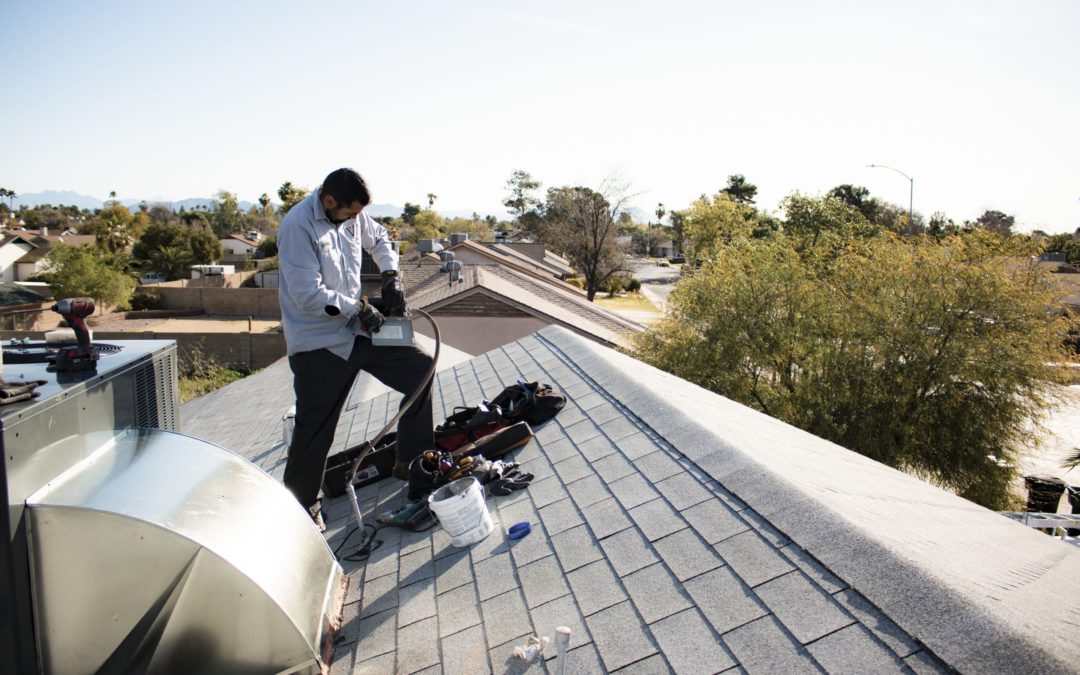Proactive HVAC Repairs: What It Involves and Why You Should Do It
The HVAC unit is probably the most important appliance in a home. Without it, the house becomes unlivable and even becomes life-threatening. But because it is usually out of sight, the HVAC remains forgotten until it breaks down, and its importance becomes visible. This wait-and- repair mode is disastrous for your family’s health as well as your pocket. What you should aim to do is proactive HVAC maintenance. Anticipating problems and taking action to avoid them will save you much trouble.
What is Proactive HVAC Repair?
HVAC stands for Heating, Ventilation, and Air Conditioning. An HVAC unit is one of the most complex appliances. The heating, cooling, and air quality systems must run smoothly and complement each other for the house to feel comfortable as intended. Each subsystem has tens of components, meaning a lot can go wrong or remain faulty without notice.
Proactive HVAC repair or maintenance is done to identify potential trouble spots before the risks materialize to even bigger trouble. For example, replacing an old run capacitor will help keep the blower motor in proper running condition, which will help keep that expensive compressor from failing. Proactive maintenance identifies such minor issues and fixes them to mitigate bigger problems.
Reactive repairs are sometimes confused with seasonal maintenance, but there is a slight difference. Seasonal maintenance is more comprehensive than proactive repairs because its objective is to prepare the HVAC for the weather change and its demands on the HVAC. Proactive repairs are continuous and frequent. Seasonal maintenance is done at least two times a year, while proactive repairs are done at least once per month.
What is Involved in Proactive Repairs?
Proactive repair and maintenance are mostly about remaining aware of the different components of the HVAC unit. It uses continuous maintenance tasks to spot problems before or as they develop. These include;
- Ensuring the area the condenser is free from foliage and debris. There should be at least 12 inches of free space all-round the condenser. The fans work harder when the airflow around the condenser is impeded. The fans take more power, which raises the energy bill.
- Keep the vents clear. Dust, debris, and pet hairs can clog the ducts reducing the air quality in the house. It can bring on air conditioning related health problems, including respiratory allergies like asthma.
- Keep supply and return vents clear. These vents are responsible for airflow in and out of the house. Always keep these vents clear to prevent fans from working harder and raising power consumption.
Some of the monthly proactive repair tasks you should do include;
- Test the carbon monoxide detector – Test this detector for batteries. You should hear a long beep when you press the ‘Test’ button. Replace the batteries if the sound is weak or absent.
- Checking and replacing the air filter – You should replace the air filter at least once every three months. Inspect air filters each month if you are in a dry and dusty area. New air filters can keep out pollen, dust, hairs, and other pollutants more effectively
- Check the refrigerant line – These lines carry the cooling gas. Inspect these lines for leaks and insulation damage
- Clean the condensation lines – These lines carry the moisture that has condensed over the evaporating coil. Clean with weak bleach to keep off mold and algae
Other routine tasks you should also do are;
- Check if all moving units are securely attached
- Check for lubrication of moving parts
- Check the air filters
- Check for gas leaks and assess gas pressure
- Check the drain pan and lines
- Examining the ductwork and vents
- Inspecting the ignition burner assembly
Why Do Proactive Repairs?
- Stay aware of the HVAC overall health – Being attentive to your HVAC will help you notice when something goes amiss
- Avoid major repair bills – Repairing or replacing minor components can ward off a bigger problem later. It will save you money
- Spot potential problems to pay attention to – You can identify parts that are nearing their end of service and plan for replacement
Call the Professionals
Proactive repair helps identify the potential for big problems. Never try to fix something you are not sure of because you can only cause more damage. You should call professional HVAC technicians like FACT HVAC to diagnose the problem in detail and propose solutions.
Is your HVAC misbehaving? Feel free to contact FACT HVAC for professional HVAC consultation.

